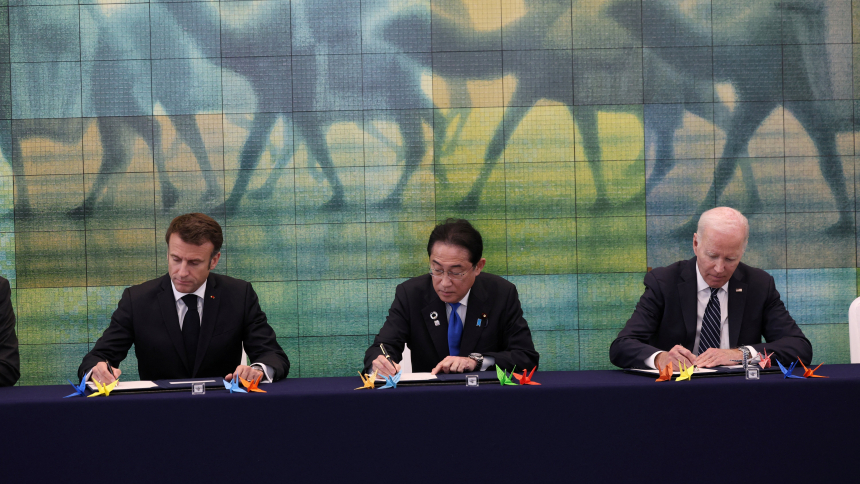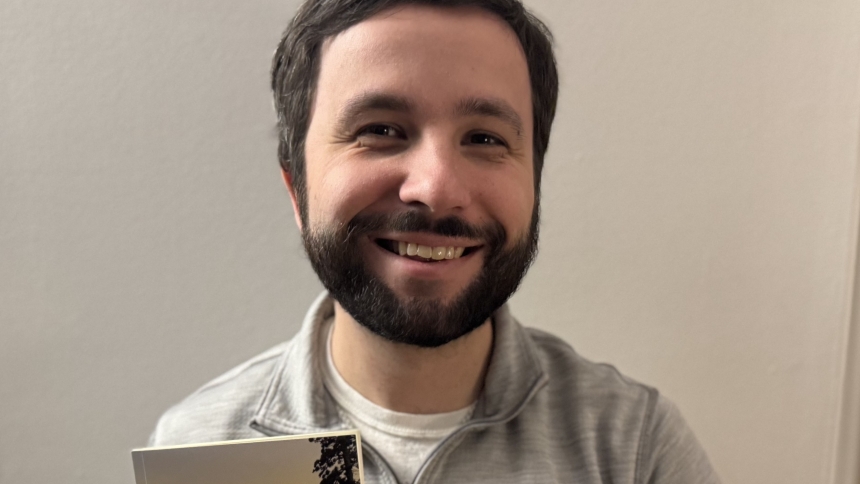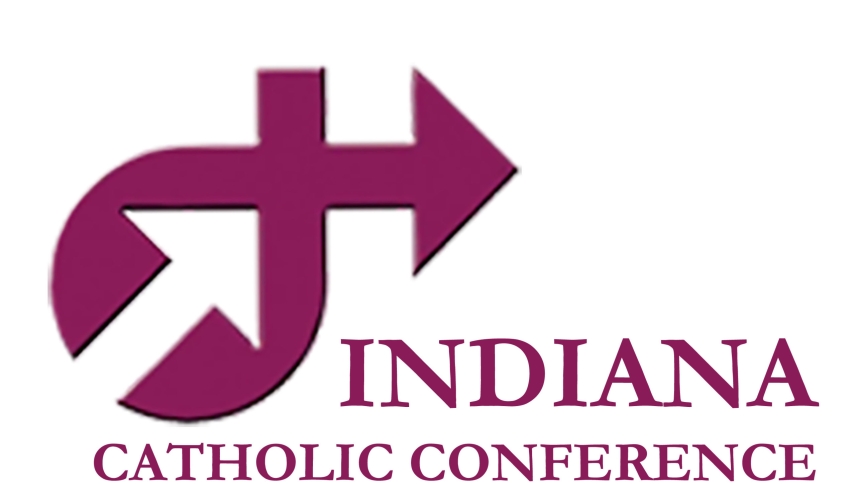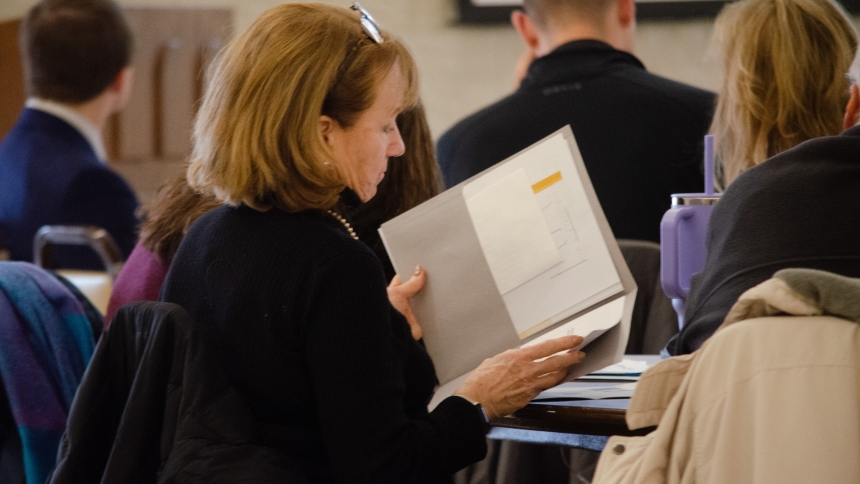
(OSV News) - Two U.S. and two Japanese bishops have issued a joint letter to leaders of the Group of Seven (G7) nations, calling on them to take "concrete steps" toward ending the use of nuclear weapons.
The G7 leaders - representing the U.S., Japan, Germany, the U.K., France, Canada and Italy - are meeting May 19-21 in Hiroshima, Japan, the hometown of that nation's prime minister, Fumio Kishida.
"We strongly urge world leaders at the G7 Summit to show by example how international leadership is ready, willing, and able to work with nuclear weapons and non-nuclear weapons states to ensure no country or city ever suffers the horrors of nuclear war again," said Archbishop Paul D. Etienne of Seattle; Archbishop John C. Wester of Santa Fe, New Mexico; Archbishop Peter Michiaki Nakamura of Nagasaki, Japan; and Bishop Alexis Mitsuru Shirahama of Hiroshima in the May 15 letter.
An estimated 140,000 were killed in Hiroshima during World War II when the U.S. dropped an atomic bomb Aug. 6, 1945, followed by a second atomic bomb Aug. 9, 1945 on Nagasaki that left 74,000 dead. Survivors, known as hibakusha, faced numerous physical and psychological ailments in the aftermath of the bombings, which preceded Japan's unconditional surrender to the Allies.
"As the Roman Catholic spiritual leaders of the diocese with the most spending on nuclear weapons in the United States (Santa Fe, NM), the diocese with the most deployed strategic nuclear weapons in the United States (Seattle, WA), and the only two dioceses in the world to have suffered atomic attacks (Hiroshima and Nagasaki, Japan), we are compelled by providence to speak out," said the bishops.
In addition, the bishops "commended (Japan) Prime Minister Fumio Kishida for choosing the city of Hiroshima, the first victim of nuclear war, as the summit venue," which "alone is a powerful message."
The G7 leaders laid wreaths at the Hiroshima Peace Memorial and according to one media report met with a Hiroshima survivor, an encounter the bishops "enthusiastically (welcomed) ... as a step toward recognizing the long-lasting horrors of nuclear warfare."
With the G7 talks focusing heavily on Russia's war of aggression against Ukraine - which continues attacks begun in 2014, and which has seen Russian President Vladimir Putin repeatedly threaten to use nuclear weapons - the bishops implored leaders to "use the summit to center international attention on the importance of nuclear arms control and disarmament and demonstrate a global commitment to nonproliferation efforts."
"Rather than viewing the war in Ukraine as an overwhelming impediment toward making substantial progress, we view it instead as a clear demonstration of the absolute need to do so," they said.
Ukraine President Volodymyr Zelenskyy, who is expected to attend the G7 summit in person May 21, unveiled a 10-point peace plan Ukraine at the G20 summit in November 2022, prioritizing the complete withdrawal of Russian forces from Ukraine's internationally recognized territory; the release of all Ukrainians held captive or deported by Russia, including close to 19,400 children; nuclear safety amid Russian occupation of Ukraine's Zaporizhzhia Nuclear Power Plant, the largest nuclear plant in Europe; food and energy security; a tribunal for the approximately 80,000 war crimes committed by Russia since February 2022; and remediation for Russia's profound environmental damage to Ukraine due to air, soil and water contamination from munitions, as well as the loss of more than 6 million domestic animals.
In their letter, the bishops encouraged the G7 leaders to acknowledge the "tremendous, long-lasting suffering" of the 1945 atomic bombings and of nuclear arms production and testing, to affirm the futility and inadmissibility of nuclear war, and to strive for global nuclear disarmament.
The bishops also "(reiterated) that serious talks should be restored" between the U.S. and Russia to renew the New Strategic Arms Reduction Treaty - Russia's participation in which was suspended by Putin in February - and called on leaders to "enter into serious multilateral negotiations leading to nuclear disarmament."
Caption: French President Emmanuel Macron, Japanese Prime Minister Fumio Kishida, and U.S. President Joe Biden, sign a guest book as they visit Peace Memorial Museum with other G7 leaders as part of the G7 leaders' summit in Hiroshima, Japan, May 19, 2023. (OSV News photo/Ministry of Foreign Affairs of Japan handout via Reuters)



